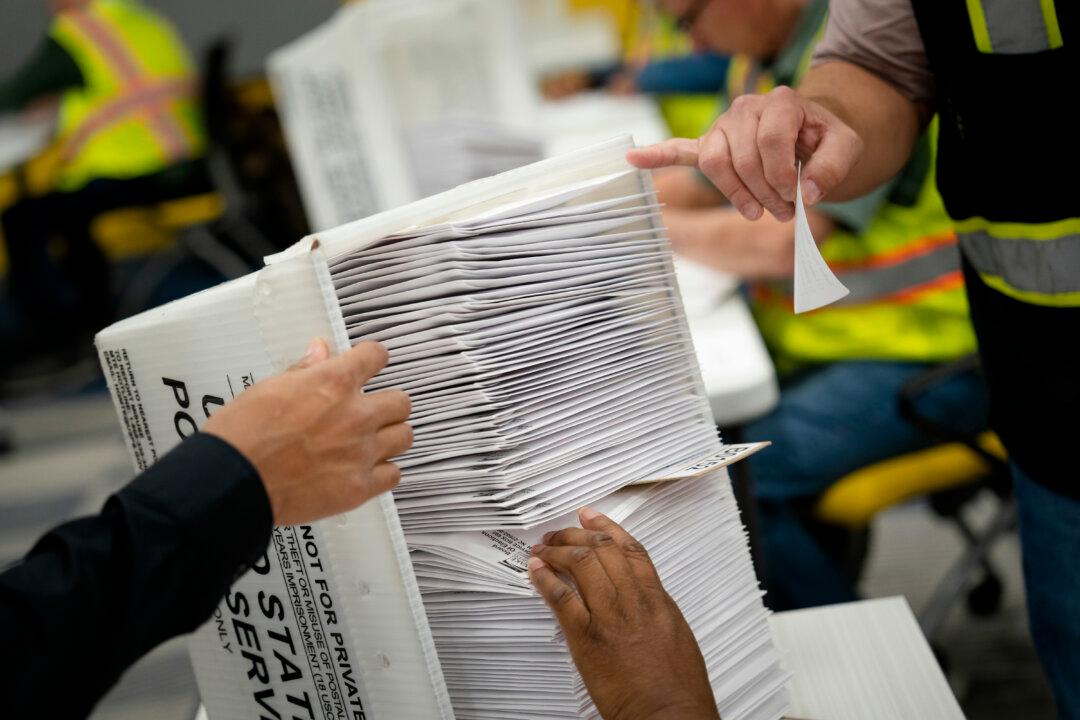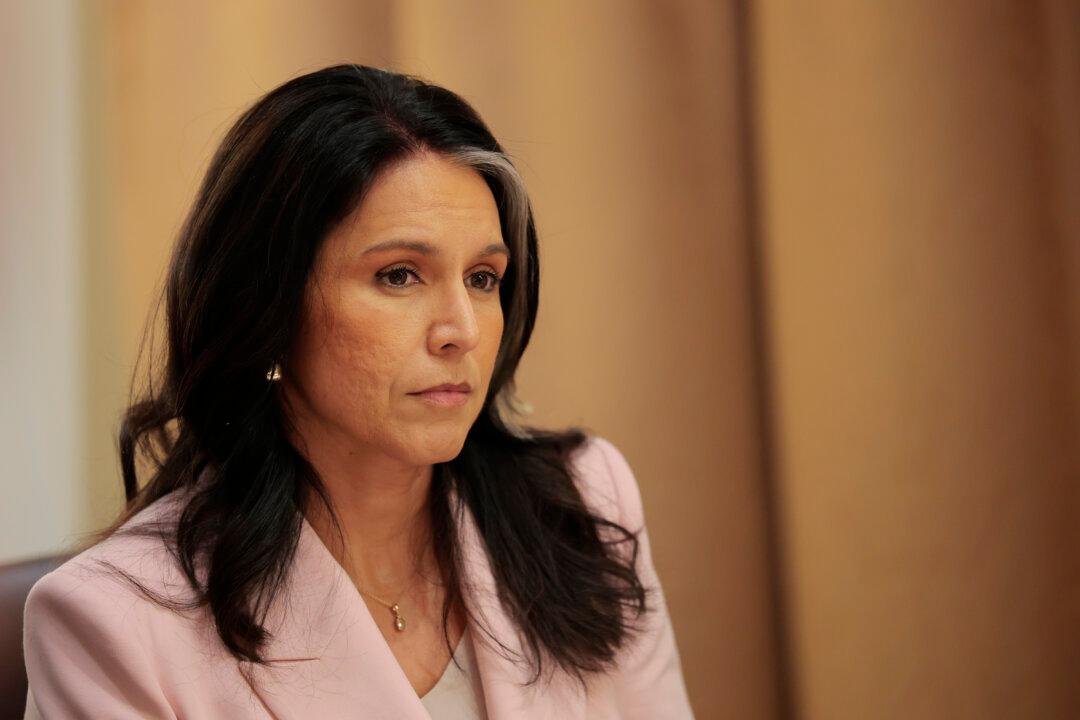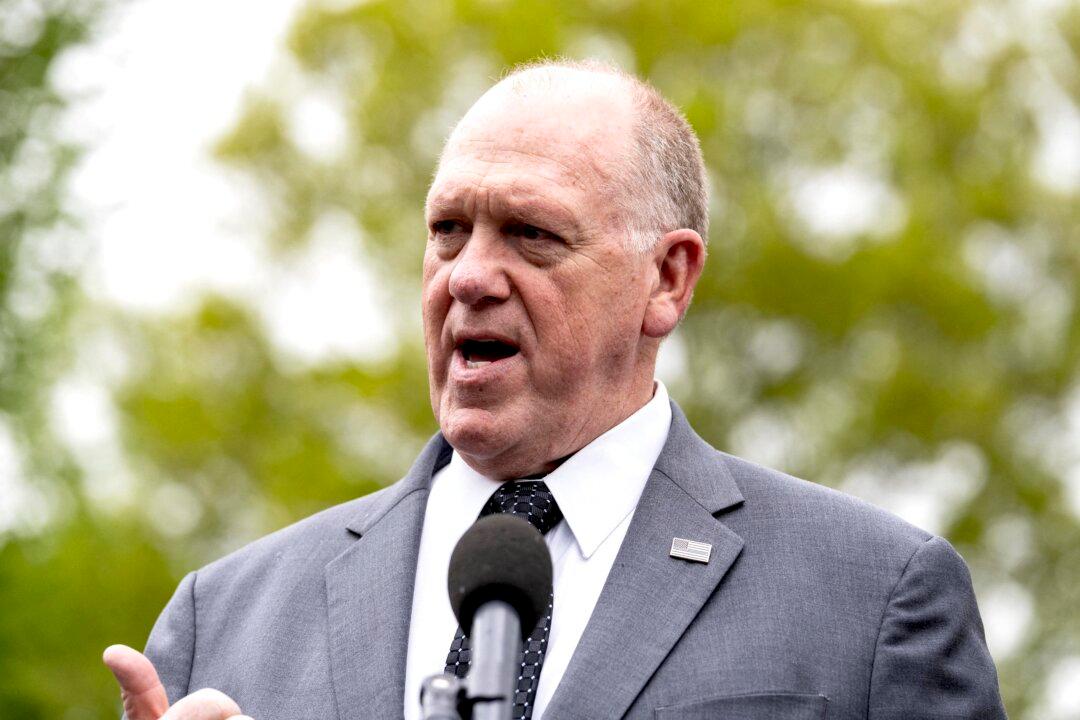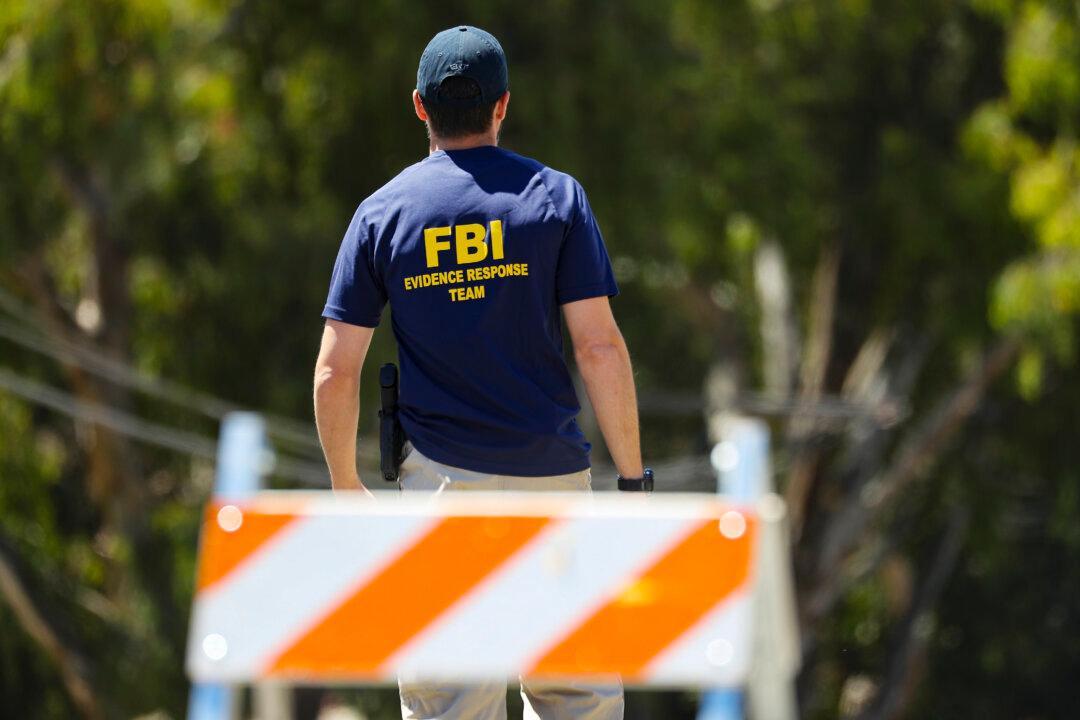A federal district judge on Friday blocked President Donald Trump’s executive order to overhaul U.S. federal elections, siding with a group of Democratic state attorneys general who said the order violated the Constitution.
“There is no dispute [nor could there be] that U.S. citizenship is required to vote in federal elections and the federal voter registration forms require attestation of citizenship,” Casper said in the order, adding that the issue is whether the president can mandate “documentary proof of citizenship where the authority for election requirements is in the hands of Congress.”
Statutes on elections “do not require it, and the statutorily created [Election Assistance Commission] is required to go through a notice and comment period and consult with the states before implementing any changes to the federal forms for voter registration,” the judge wrote.
Casper, who wrote that she believes the states will likely succeed in their case, added that the Constitution doesn’t provide the president with “any specific powers over elections.”
The president’s March 25 executive order sought to compel officials to require documentary proof of citizenship for everyone registering to vote in federal elections, accept only mailed ballots received by Election Day, and condition federal election grant funding on states adhering to the new ballot deadline.
The group of attorneys general, in their challenge, said the directive “usurps the States’ constitutional power and seeks to amend election law by fiat.” The White House has defended the order as “standing up for free, fair and honest elections” and called proof of citizenship a “common sense” requirement.
It’s the second time a federal judge has ruled against Trump’s election executive order. A judge in Washington previously blocked portions of the order in late April.
“The right of American citizens to have their votes properly counted and tabulated, without illegal dilution, is vital to determining the rightful winner of an election,” his order stipulated, adding that the United States hasn’t enforced election requirements to block states from counting ballots received after Election Day or to block non-U.S. citizens to vote in U.S. elections.
Their arguments, the Trump administration lawyers said, bear “no resemblance to the Executive Order the President actually issued,” and ignored words in the order.







